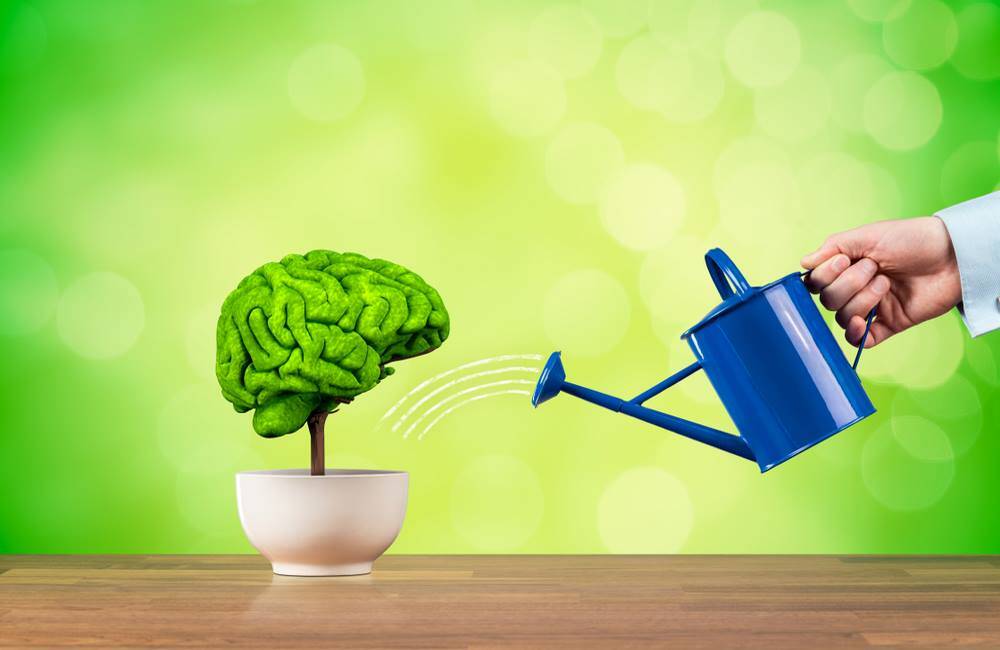#health #memory #mind #brain #nutrients
“The more we exercise our memory, the greater the capacity we have for learning new things. That is Key for us“–Paul Ebeling.
Over the last few yrs, more and more research has been conducted about how the foods we eat affect our brain health. It has been clear for yrs that eating foods high in trans fats and sugar are bad for our health, but it’s recently been proven that these foods are bad for our brains too.
In this world full of fast food and pre-made dishes more and more people are suffering with cognitive disease, so:
Drink Black Coffee: A study published in the journal Nature Neuroscience explains how caffeine has a positive effect on our long-term memory. Caffeine works is that it blocks a chemical called adenosine, which is what helps you feel awake and alert, and can also help improve memory.
Overall Eating: The general consensus is that a Mediterranean eating plan is the best for improving memory. Salmon, olive oil, and nuts all contain unsaturated fats that can help improve memory.
Vitamin K is a super-vitamin that helps to improve memory, cognitive ability, and learning. So eat Broccoli as it is very high in vitamin K, versatile and can be eaten in a variety of ways.
Vitamin B6, vitamin B12 and folic acid all help control levels of homocysteine, an amino acid that has been associated with poor memory and increased risk of dementia. Vitamin B-12 deficiency is common in vegetarians and older adults. Good sources of folic acid are leafy vegetables, asparagus, avocado, and beets,
Vitamin E: There is scientific evidence that suggests vitamin E can be of benefit to the mind and memory, you should be able to get an adequate amount of vitamin E from food.
Zinc: Our brains need zinc to help the neurons communicate with each other. It has been shown that a deficient amount of zinc in the brain can cause memory impairment, which is why it’s important. I eat oysters, nuts, seeds, mushrooms, and dark chocolate.
Iron and vitamin C: Iron is a very important mineral that our bodies need in order to function properly. It helps improve memory, attention, and cognitive performance. Much of the iron that we receive from foods needs extra help getting absorbed by our bodies, which is why it’s recommended to eat vitamin C along with your serving of iron.
Vitamin C helps our bodies absorb the iron we consume, making each gram of iron work more efficiently to help improve our memory.
Certain meats have especially high amounts of iron, like liver or grass fed organic red meats. Shellfish, like mussels and oysters are great sources of iron. Eat your serving of iron with vitamin C, like tomato juice for optimal absorption.
Eat healthy, Be healthy, Live lively









